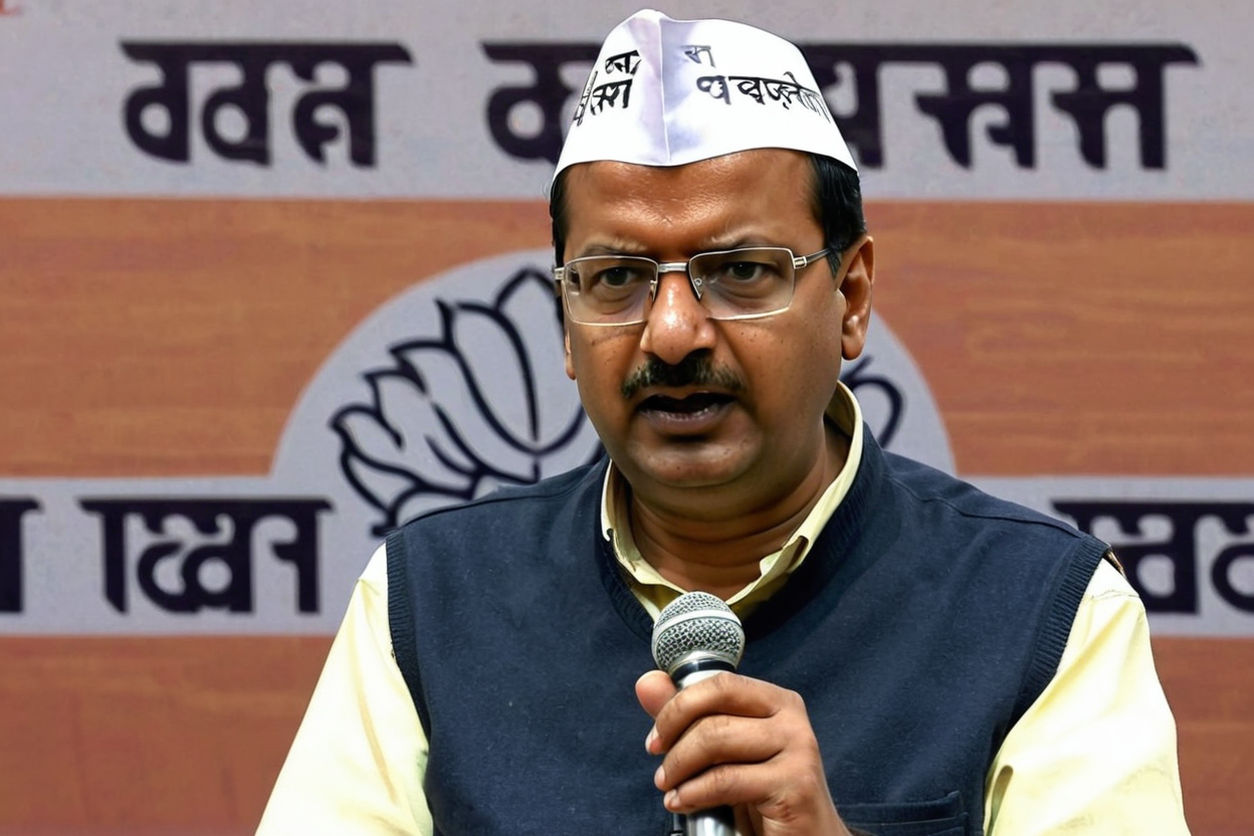In the wake of the 2024 Haryana Assembly Elections, Arvind Kejriwal has been vocal about the critical takeaways for his party, Aam Aadmi Party (AAP), and the overall political landscape of the region. Reflecting on the results, Kejriwal, known for his pragmatic approach, highlighted the importance of grassroots connection and understanding voter concerns.
The Aftermath of Haryana Elections
With the election results shaping the future of the state’s governance, many were left analyzing what went right and what could have been improved. Kejriwal, addressing his party workers and supporters, emphasized the significance of learning from these experiences. He particularly focused on how AAP’s performance in Haryana offers vital insights that could influence future elections.
Key Lessons from the Election
1. Grassroots Engagement is Key Kejriwal pointed out that one of the primary lessons learned from the Haryana Elections is the undeniable importance of grassroots-level engagement. He believes that parties must continuously connect with voters, addressing their immediate concerns to build long-lasting support.
2. Voter Concerns Need Immediate Attention One of the main issues highlighted by the results is the disconnect between political promises and actual implementation. Kejriwal stressed that addressing voters’ concerns swiftly and effectively is critical in maintaining political relevance.
3. Importance of Regional Leadership Another significant takeaway is the role of strong regional leadership. Kejriwal acknowledged the presence of influential leaders in Haryana’s political landscape, emphasizing the need for AAP to develop and support regional leaders who can resonate with local voters.
AAP’s Performance and Future Strategy
While AAP did not dominate the Haryana Elections, Kejriwal maintained that this was an opportunity to learn and evolve. He underlined the need to enhance their campaign strategies, ensuring they are tailored to address the specific needs of Haryana’s diverse population.
AAP’s Vision for the Future
Going forward, Kejriwal aims to adopt a more targeted approach, focusing on:
- Strengthening local leadership
- Enhancing voter outreach programs
- Addressing key issues such as unemployment, education, and healthcare
These steps, he believes, will significantly contribute to AAP’s success in future elections not only in Haryana but across India.
What the Haryana Elections Teach Other Political Parties
Beyond AAP, Kejriwal’s analysis offers broader lessons for other political entities:
- Adaptability: Political strategies need to be flexible, adapting to the evolving concerns of the electorate.
- Local Understanding: National parties must foster an understanding of regional dynamics to succeed at the local level.
Conclusion
In the end, Arvind Kejriwal’s reflection on the Haryana Elections underscores the need for political adaptability and grassroots-level understanding. As parties gear up for upcoming elections, these lessons will likely shape their strategies, ensuring they are more in tune with the electorate’s needs.
FAQs
- What is Arvind Kejriwal’s biggest takeaway from the Haryana Elections?
Kejriwal emphasized the importance of grassroots engagement and addressing voter concerns promptly as the major lessons from the Haryana Elections. - How did AAP perform in the Haryana Elections?
While AAP didn’t dominate, the election served as a learning experience, offering insights for improving future political strategies. - What future plans does Arvind Kejriwal have for AAP in Haryana?
Kejriwal plans to focus on strengthening local leadership, enhancing voter outreach, and addressing key issues such as unemployment and education. - How does Kejriwal view the role of regional leadership in elections?
He sees strong regional leadership as crucial to connecting with local voters and believes it should be a priority for future campaigns. - What can other political parties learn from the Haryana Elections?
Political parties can learn the importance of adaptability and understanding regional dynamics to succeed in state elections.
